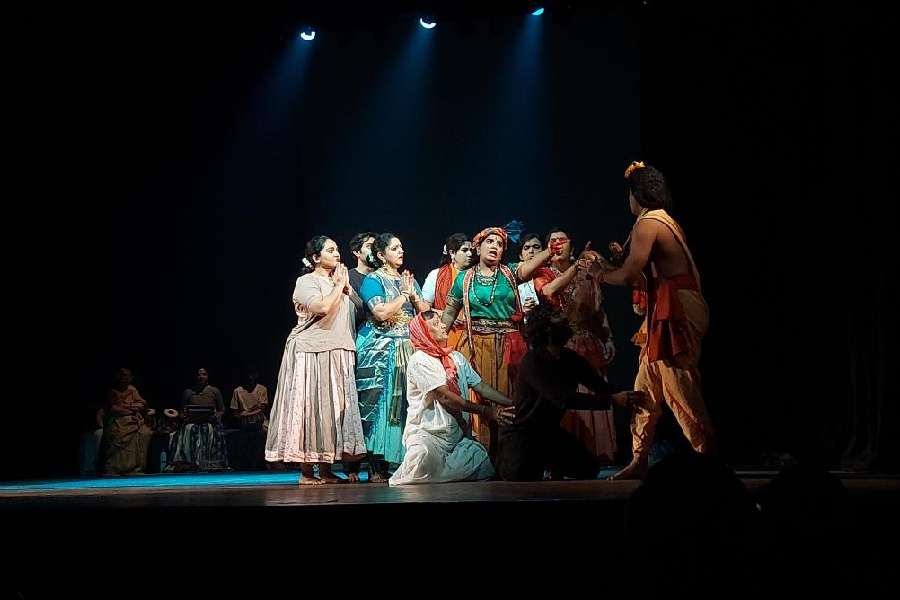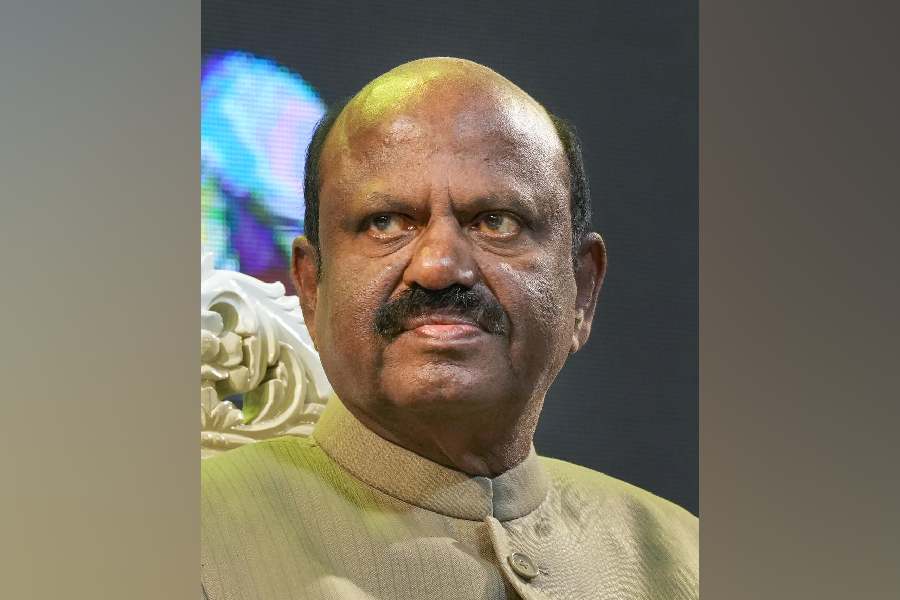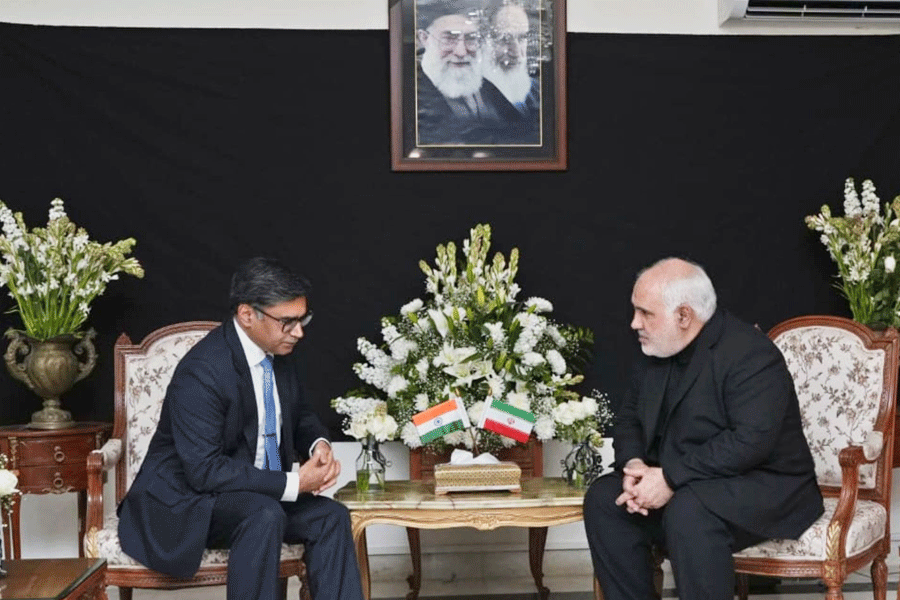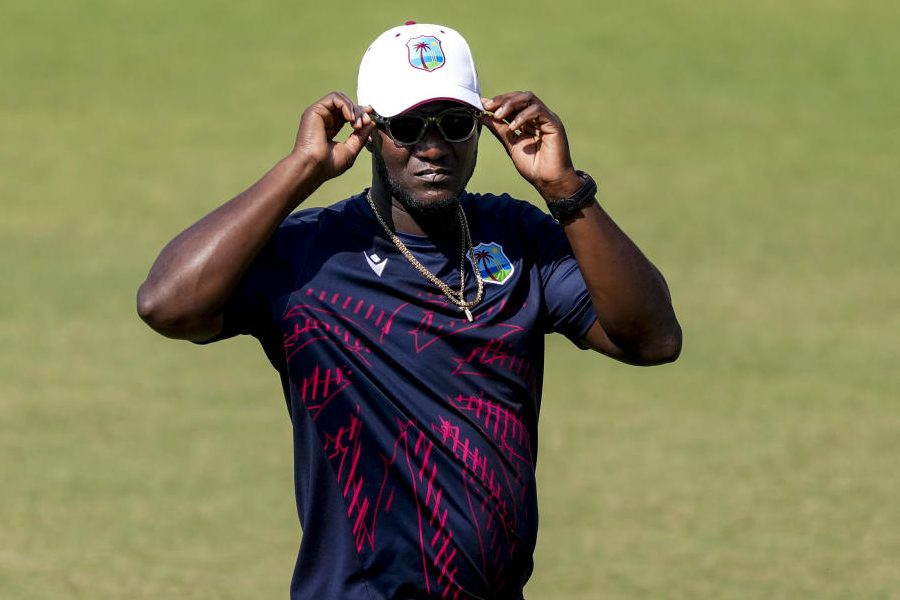The National Theatre Festival, hosted by the State-funded Minerva Natya Sanskriti Charcha Kendra, has consolidated its status as the biggest showcasing of contemporary national theatre. Its seventh edition, held from January 18-26, was spread over Madhusudan Mancha and Girish Mancha and featured as many as 10 outstation productions.
Randhir Kumar, a favourite with the festival, directed the inaugural show, Small Town Zindagi, by Raaga Repertory, Patna alongside Krishna Samiddha. Unicorn Actors Studio (Mumbai) and Shadow Culture and Social Welfare Society (Bhopal) returned with their new productions. The latter, led by Manoj Nair, made an impression with Nepathya Mein Shakuntala. Assam was represented by the Golaghat-based North East Theatre Academy and the Guwahati-based Orchid Theatre, with the latter winning accolades for its exploration of the sordid saga of tea plantation labourers in Chaai Garam.
There were quite a few Hindi works. This reviewer could not attend Jaadu-Mantar (Switch On Scurry Art Organization, Bhopal) or Chauthi Cigarette (Rangsaaz, Delhi), but made it a point to watch Panchkosi’s The Zoo Story, which was presented at Madhusudan Mancha on January 26. This new reworking of Edward Albee’s spine-chilling one-act by Utpal Jha starts off well but fails to keep the momentum; the overuse of video projections does not add much to the original either. Fortunately, the success of any two-hander depends ultimately on the actors and Suman Vaidya’s hyperactive act complemented by Parag Sarmah’s understated portrayal saves the day.
Subtitles are essential for hosting a national event, where languages other than Bengali, Hindi, and Assamese are played out, in a state like ours. The Minerva event also featured a Marathi production (Dagad Ani Mati by Sachin Shinde Academy of Performing Arts, Nashik) and a Kannada production (Paarijata by Spandana, Bengaluru). This reviewer missed out on the Marathi production, but waited eagerly for the Kannada production. Helmed by the veteran, B. Jayashree, Spandana returned to the city after its trailblazing performance of Sadarame at Nandikar’s National Theatre Festival some 12 years ago. Given B. Jayashree’s lineage and the innate musical character of the Sannata form, old-timers like us thronged to experience a unique exposition of the ‘Parijata harana’ episode from the Mahabharata. Written by K.Y. Narayanaswamy, this version is different from Shankaradeva’s famous 15th-century take on the tale, now a regular feature of the Ankiya Bhaona festival.
Unlike Karimayi or Sadarame, the Spadana productions that we admired over the decades, Paarijata is different. That Krishna is played by a female actor is reminiscent of Jayashree’s similar acts in the past. Backed by live singing of Hindustani and Carnatic music and a refreshing scenography enriched by Kalaripayattu moves, Paarijata is clearly presenting an alternative reading of the mythological tale and is rather verbose in comparison. In the absence of subtitles (or supertitles that could easily be projected over the proscenium arch in a theatre like Girish Mancha where Paarijata was staged on January 25), the nuances of debates involving Krishna and Indra, with Satyabhama in the middle, were incomprehensible to most of us. When it was pointed out by the audience during the curtain call, Jayashree revealed that the group was ready with the subtitles but the organisers could not make arrangements. This is unacceptable and should not happen again.











